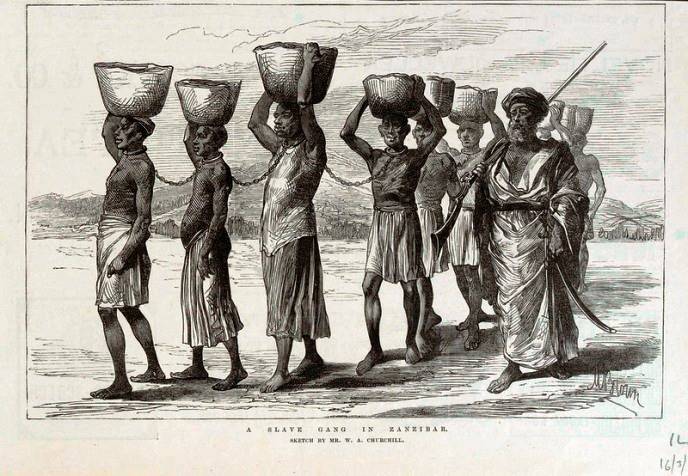The History of Africa is a vast and diverse tapestry, spanning thousands of years and encompassing numerous civilizations, empires, and cultures. This article will provide a brief overview of the major events and developments that have shaped the continent’s history.
The earliest known human ancestors originated in Africa, with evidence of hominins dating back around 6 million years. Over time, these early humans evolved and migrated out of Africa, populating the rest of the world. However, it was not until around 3000 BCE that the first civilizations began to emerge on the African continent.
One of the earliest of these civilizations was Ancient Egypt, which would go on to become one of the most influential and enduring empires in world history. Founded around 3100 BCE, Ancient Egypt was known for its advanced system of writing, its impressive architecture, and its highly organized and bureaucratic government. The Egyptian civilization thrived for over 3,000 years, leaving a lasting legacy in the form of its art, literature, and religious beliefs.
As Ancient Egypt began to decline around 300 BCE, other civilizations began to rise in Africa. One of the most significant of these was the Kingdom of Kush, which was located in what is now Sudan and South Egypt. The Kushites were known for their skilled cavalry and their ability to resist Roman conquest, and they established a powerful and prosperous kingdom that lasted for over 1,000 years.
Another major civilization in Africa during this period was the Axumite Kingdom, which was located in what is now Ethiopia and Eritrea. The Axumites were known for their advanced system of writing, their impressive architecture, and their highly organized and bureaucratic government. They were also one of the first nations to adopt Christianity as a state religion, and they played a significant role in the spread of the faith throughout Africa.
As the Middle Ages progressed, Africa continued to be home to a diverse array of civilizations and empires. The Islamic conquest of North Africa in the 7th century CE brought about a significant shift in the region’s political, cultural, and religious landscape, and the trans-Saharan trade routes that connected sub-Saharan Africa with the Mediterranean world played a crucial role in shaping the continent’s economy and culture.
The 19th and 20th centuries saw the rise of European colonialism in Africa, as European powers sought to carve up the continent and establish colonies. This period of colonial rule had a profound impact on Africa, shaping its political, economic, and social structures in ways that continue to be felt today.
In recent decades, Africa has undergone significant political and economic transformations, as many of its nations have gained independence and sought to build their own unique identities and futures. Despite facing numerous challenges, the continent has made significant progress in areas such as economic growth, education, and healthcare, and it continues to be a vibrant and dynamic force on the global stage.
In conclusion, the History of Africa is a rich and diverse tapestry, full of fascinating civilizations, empires, and cultures. From the earliest human ancestors to the present day, Africa has played a crucial role in shaping the course of human history, and its influence will continue to be felt for generations to come.




No comments yet
Be the first to share your thoughts!